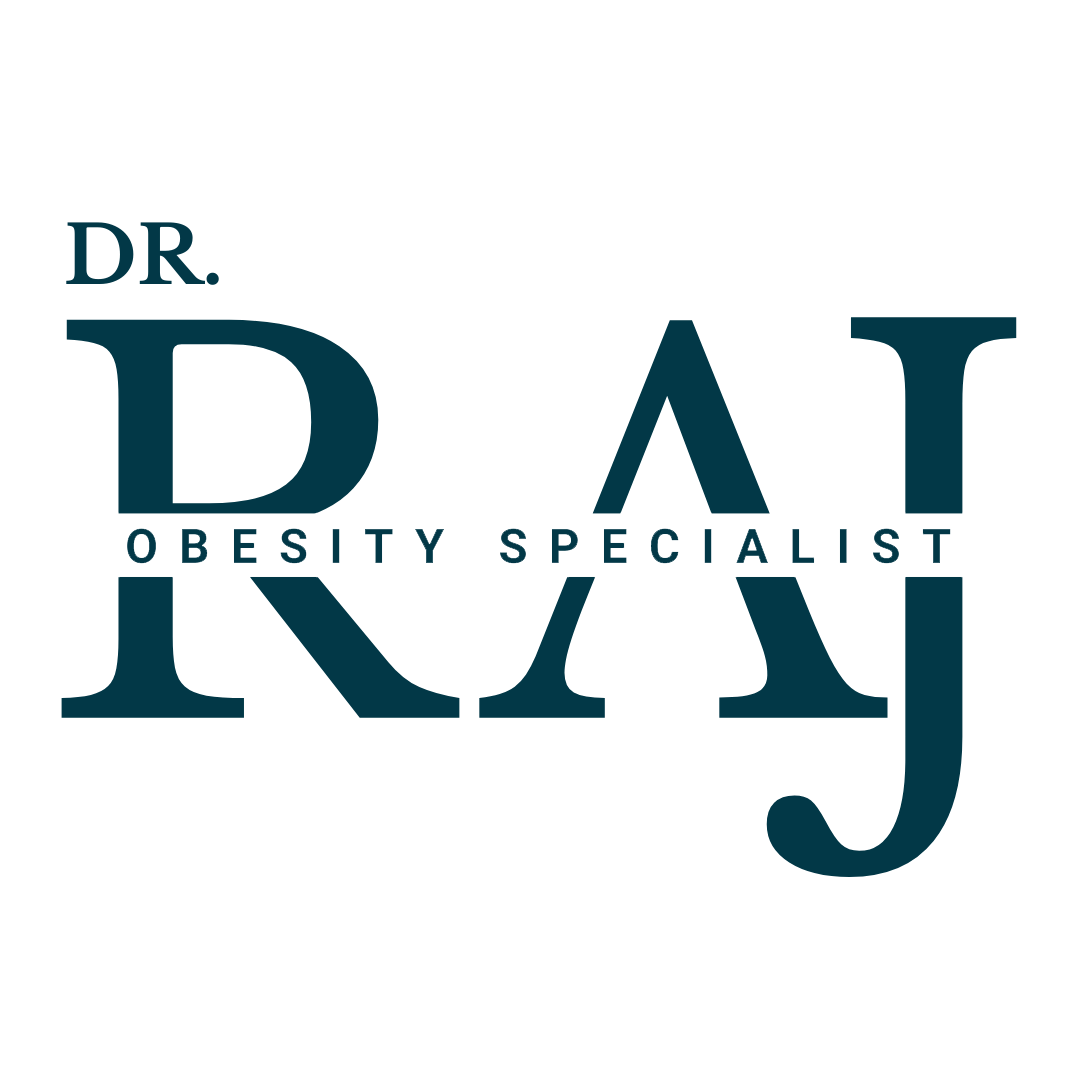Short synacthen test determines if your adrenal glands are producing enough steroid hormone called cortisol. Adrenal glands are small glands which sits on top on each kidney. Adrenal gland produces several hormones. Hormones are chemicals produced by a gland, which sends messages to different parts of the body and control their function. Hormones play an important role in metabolism and functioning of the body.
Cortisol is one of the important hormones produced by the adrenal gland. Cortisol production is controlled by the pituitary gland, which is located just below the brain. The pituitary gland produces a hormone called Adreno Cortico Trophic Hormone (ACTH), which controls the production of cortisol from the adrenal gland. So any abnormality of the adrenal gland or the pituitary gland can lead to disturbance in cortisol production.
The hormone cortisol has several life sustaining functions, which includes:
- Regulating blood pressure
- Regulating blood glucose levels
- Regulating the immune system of the body
- Involved in the flight or fight response during stress
Addison disease is a condition when the adrenal gland does not produce sufficient cortisol leading to cortisol deficiency. This also called primary adrenal insuffiency. When the adrenal gland does not produce adequate cortisol due to problems with the pituitary gland, then it is called secondary adrenal insufficiency or secondary hypoadrenalism.
The production of cortisol by the adrenal gland changes with the time of the day. It is usually high in the mornings and very low in the night. So, a one off blood test to check cortisol levels may not provide a diagnosis of adrenal insufficiency.
The short synacthen test is one of the commonest tests used to check if cortisol function is adequate.
The short synacthen test can tell us if you have cortisol or steroid deficiency. Your consultant will advice if you need medications or further investigations.
Can there be any complications or risks following short synacthen test?
Synacthen (ACTH) has been used for several decades. It is safe and side effects are extremely uncommon.
Reported side effects include:
- Skin reactions including rashes and hives
- Allergic reactions
- Breathing difficulties
- Dizziness
- Nausea and vomiting
These side effects are rare and it is not possible to determine who will experience these side effects. Usual side effects are noticed the same day. If you do not feel well you should go to the nearest A&E or see your doctor.
How do I prepare for the short synacthen test?
This is a straight forward blood test. Please see below and follow the instructions before going for a short synacthen test.
- Tell your consultant or nurse if you are not feeling well before the test. Short synacthen test should not be performed if you are unwell. This test should be rescheduled when you feel well.
- Let your consultant know If you take hydrocortisone. Do not take the hydrocortisone dose on the evening before and morning of the short synacthen test. You should bring all your medications with you to the appointment.
- Inform your consultant if you are taking inhaled steroids, oral steroids such as prednisolone or dexamethasone; oral contraceptive pills, applying steroid creams or hormone replacement therapy (HRT).
- You can eat and drink normally prior to the test.
What happens during short synacthen test?
- A blood test is taken from a vein in your arm to measure cortisol level.
- You will be given an injection of synacthen (ACTH: 250 mcg), which stimulates the adrenal glands to produce cortisol.
- You will be asked to wait in the waiting room for 30 minutes.
- A final blood test will be taken for cortisol level.
- If you feel well you can go home after the second blood test is done.
- In some cases your doctor may advice a long synacthen test.
How long will the test take?
The test will take about 45 minutes in total.
What are the alternatives to this test?
There is no alternative to short synacthen test.
What will happen after the short synacthen test?
You can return home following the test and resume normal activities. Your blood samples will be sent to the laboratory for analysis. Endocrinologist will discuss the results with you when they are available.
Dr Chinnadorai Rajeswaran is a consultant Physician specialising in Endocrinology, Diabetes and Obesity. As a private endocrinologist he has private endocrine, diabetes and weight loss clinics in Harley Street, London, Chennai (India), Claremont Hospital, Sheffield, Nuffield Hospital, Leeds and Simplyweight, Bradford.
He has face to face consultations with people from Barnsley, Rotherham, Chesterfield, Doncaster, Wakefield, Huddersfield, Bradford, Harrogate, Leeds, Sheffield, London and Chennai (India). He also offers video consultations.




